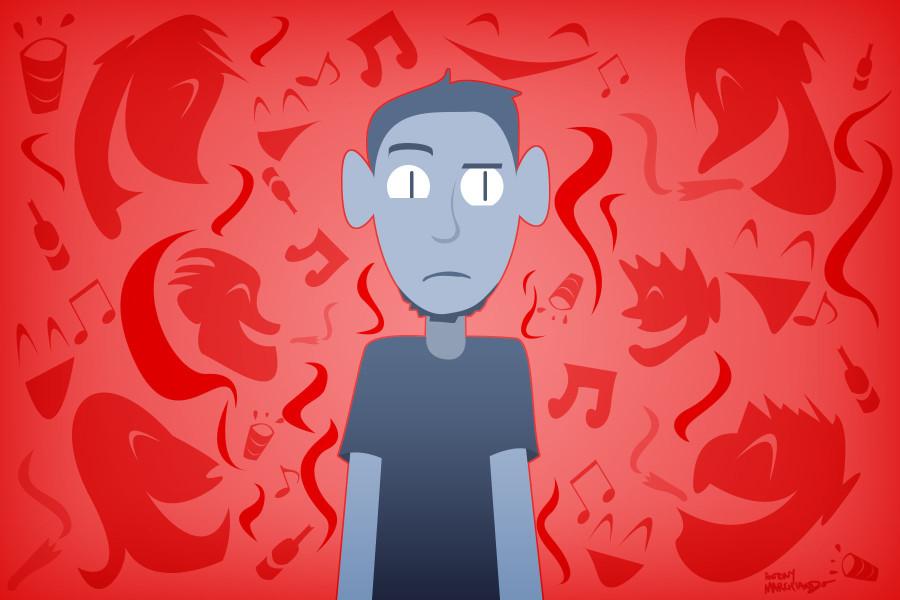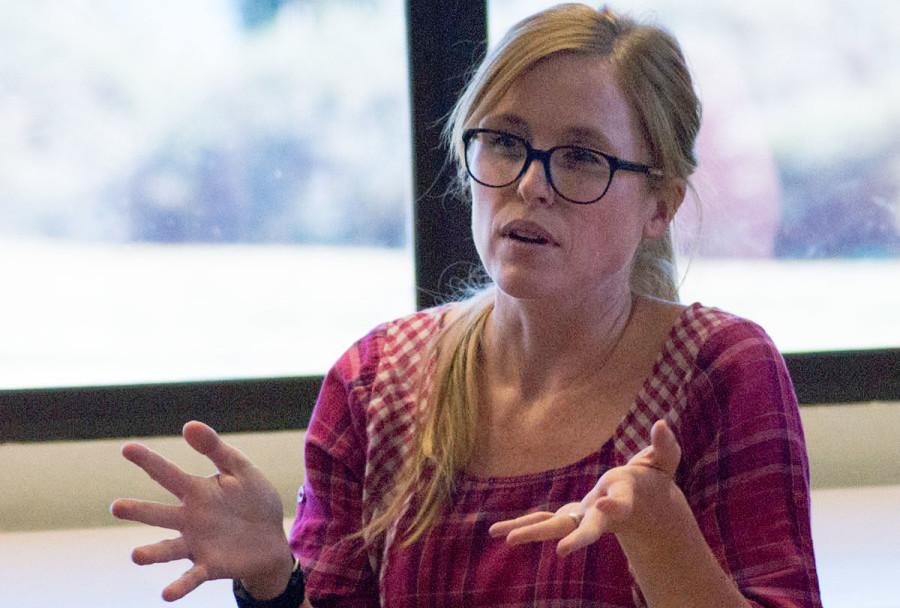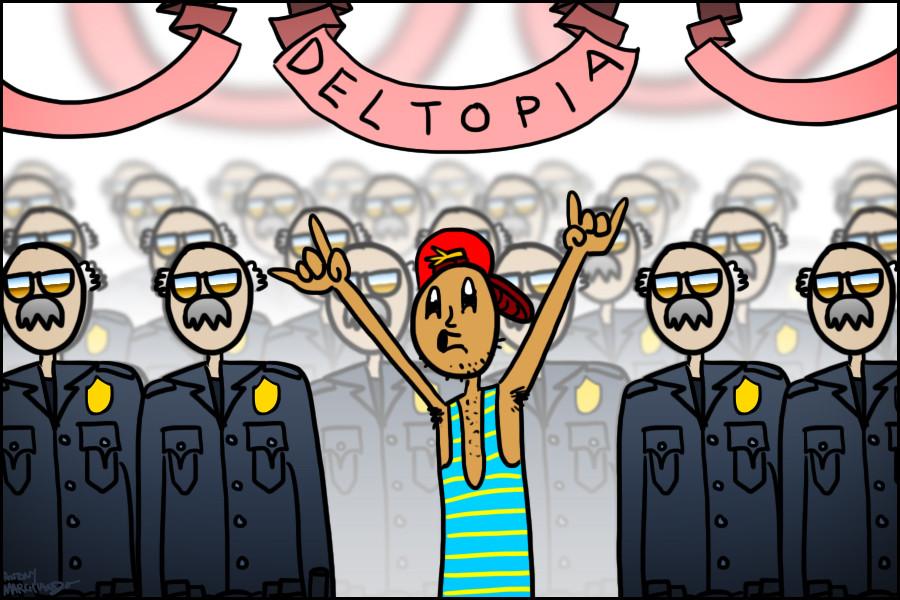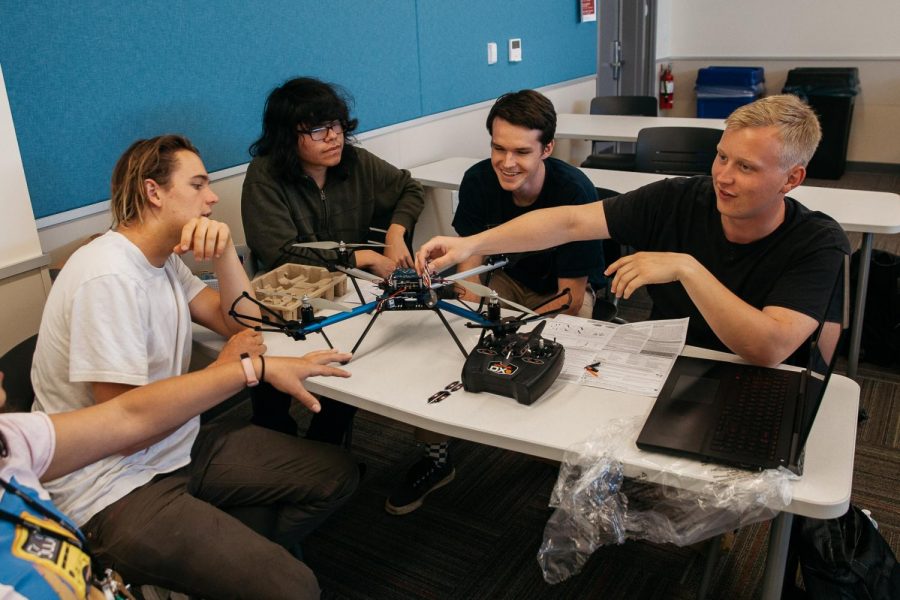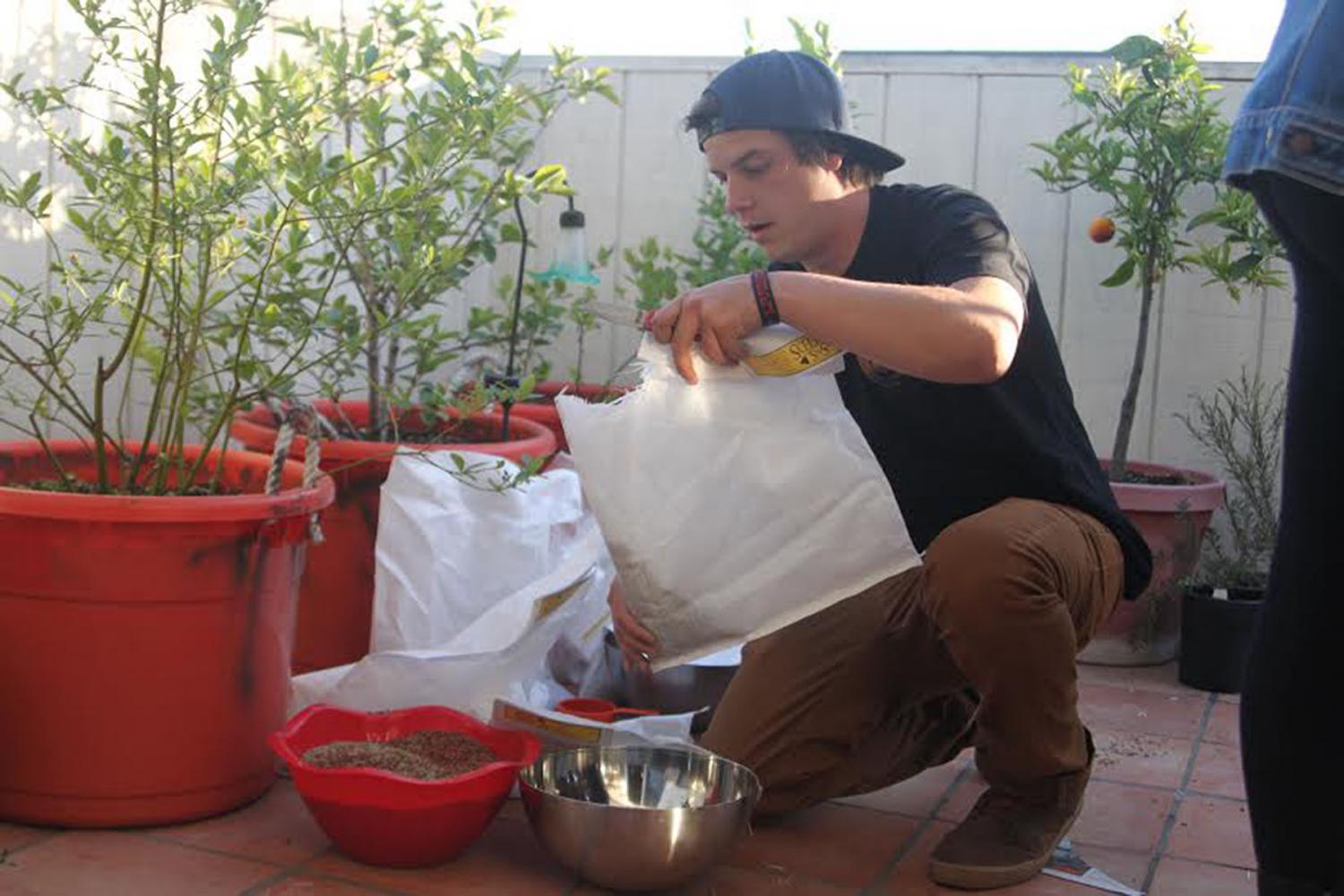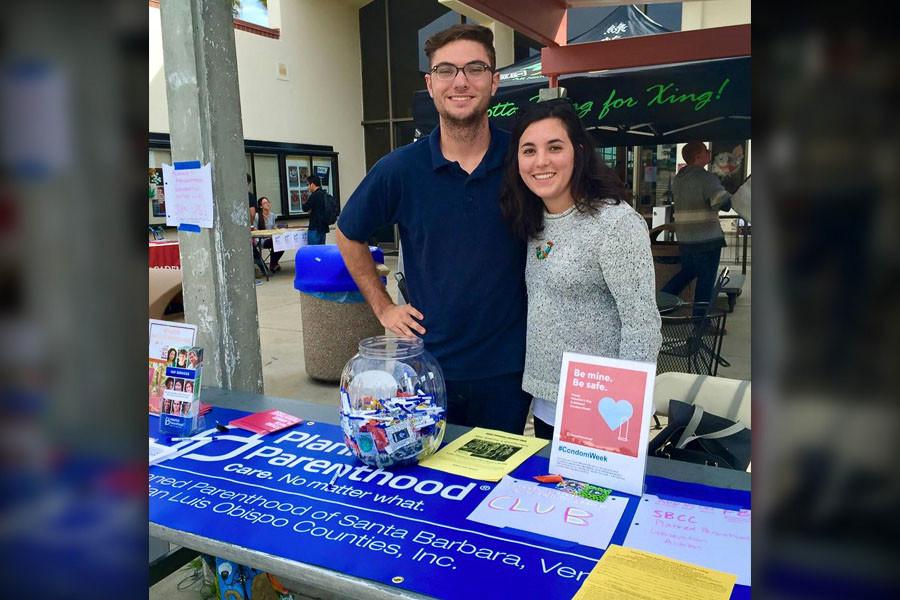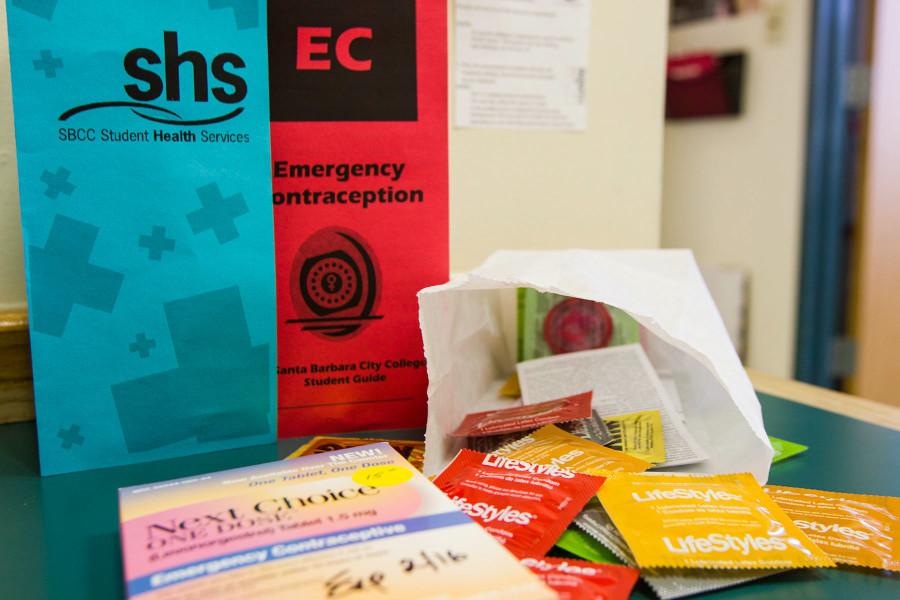Beer goggles, prizes, and tips to eliminate stress-this is just some of what you can expect if you listen to a classroom presentation given by Project HOPE.
Project HOPE stands for Helping Others through Peer Education. It is an outreach club with the objective to educate students about health and wellness on topics such as alcohol, drugs, stress, sexual health, and relationships.
“We’re trying to go to classrooms with information that is relevant for people’s lives on campus,” said Project HOPE advisor, Mara Petrick.
The classroom presentations range from 10 minutes to a whole class period, and are led by two Project HOPE student workers. Each presentation covers a specific topic.
‘Not Out for a Blackout,’ an example of one of the more popular class presentations, is designed to help promote responsible drinking.
During these sessions peer educators teach students how to measure specific quantities of alcohol and the healthy amount of drinks one should consume based on their body type.
“We’re not saying don’t drink, we’re saying here’s some of the reality,” Petrick said. “We use tangible information people can use.”
Although the presentations are open to all students, Lindsay Benton, co-president of Project HOPE, believes the classes are most beneficial for first-year students who are transitioning into college life.
“It’s definitely targeted for people who are new to independence,” Benton said.
Benton explained that she used to struggle with addiction. But being able to educate her classmates-who may be experiencing what she went through-is very rewarding for her.
“I really want to offer my support. It’s what I love to do with my life-helping people in any shape or form,” Benton said. “It’s part of my healing; making it aware that there is help out there.”
Petrick believes the Project HOPE presentations bring a “positive presence” on campus.
According to Petrick and Benton, several characteristics of the presentations set them apart from other programs that educate students. These factors include constant focus on the positive, open dialogue, no preaching, student to student interaction, and social norming.
“Social norming is looking at students’ perception of one another and comparing it to what’s really happening,” Petrick said.
In a study done by the College Health Association only 21 percent of City College students thought typical students were responsible drinkers. The reality is presented in the presentations: 60 percent of students were responsible drinkers during their last social outing.
“The presentations are relatable and more casual than others,” Benton said. “They’re taught by students who are actually going through the same things as the people they are teaching as opposed to being taught by people who are in a totally different stage in their life.”
Petrick said the presentations will continue to be given throughout the whole semester.
“Our goal is to get as many people involved as possible,” Petrick said. “We are constantly revising our ideas, using current, local data to help guide us where we’re going.”
For more information about Project HOPE and upcoming events visit their office in ECC-20, email hope@sbcc.edu, or call 965-0581 ext. 3435.



